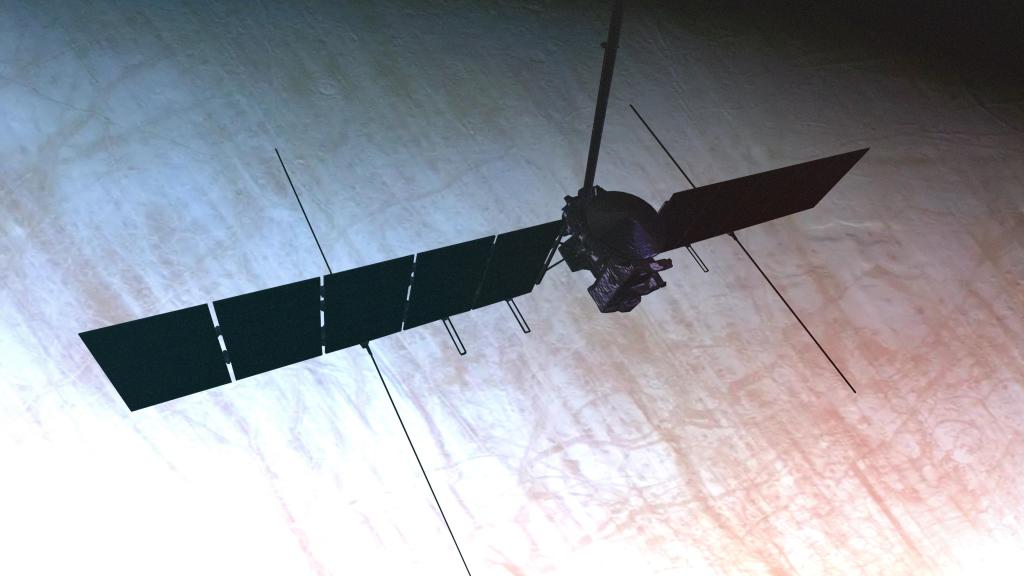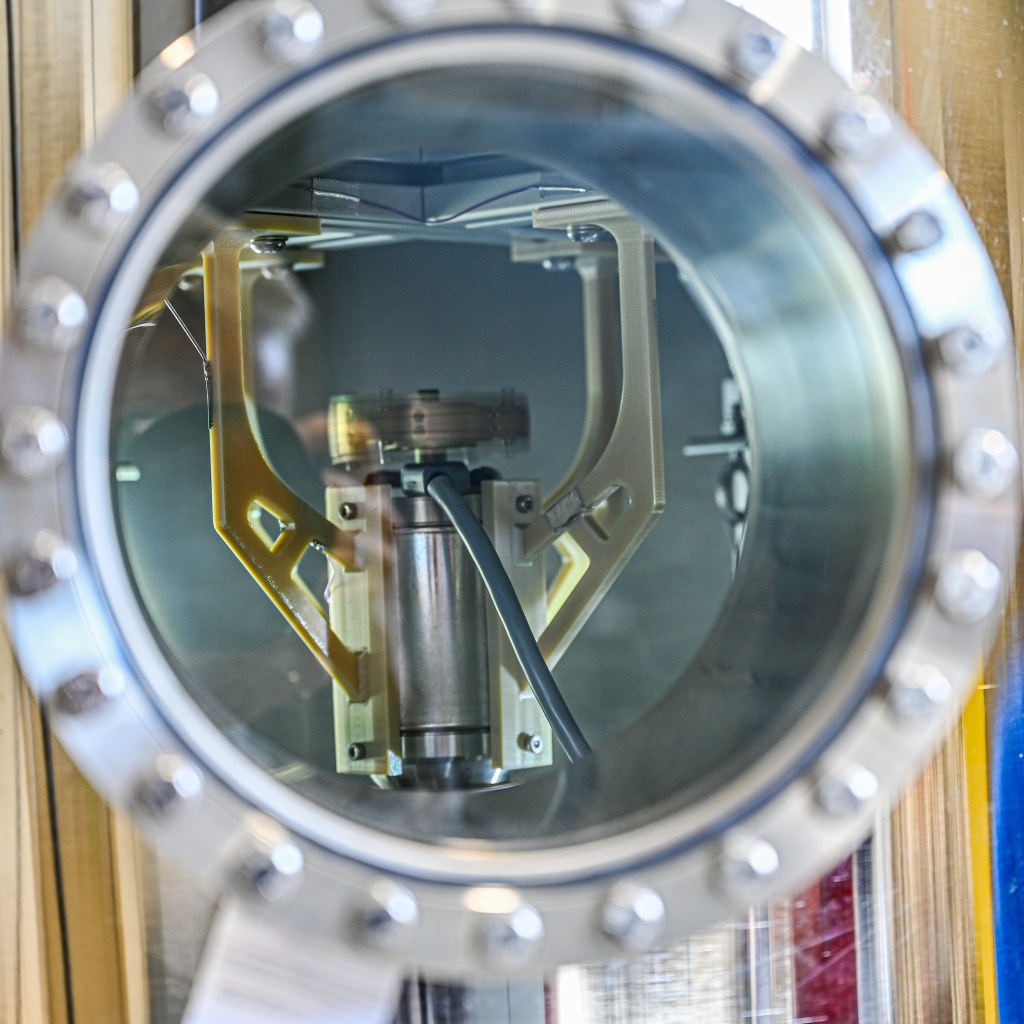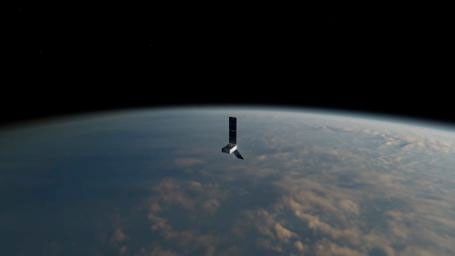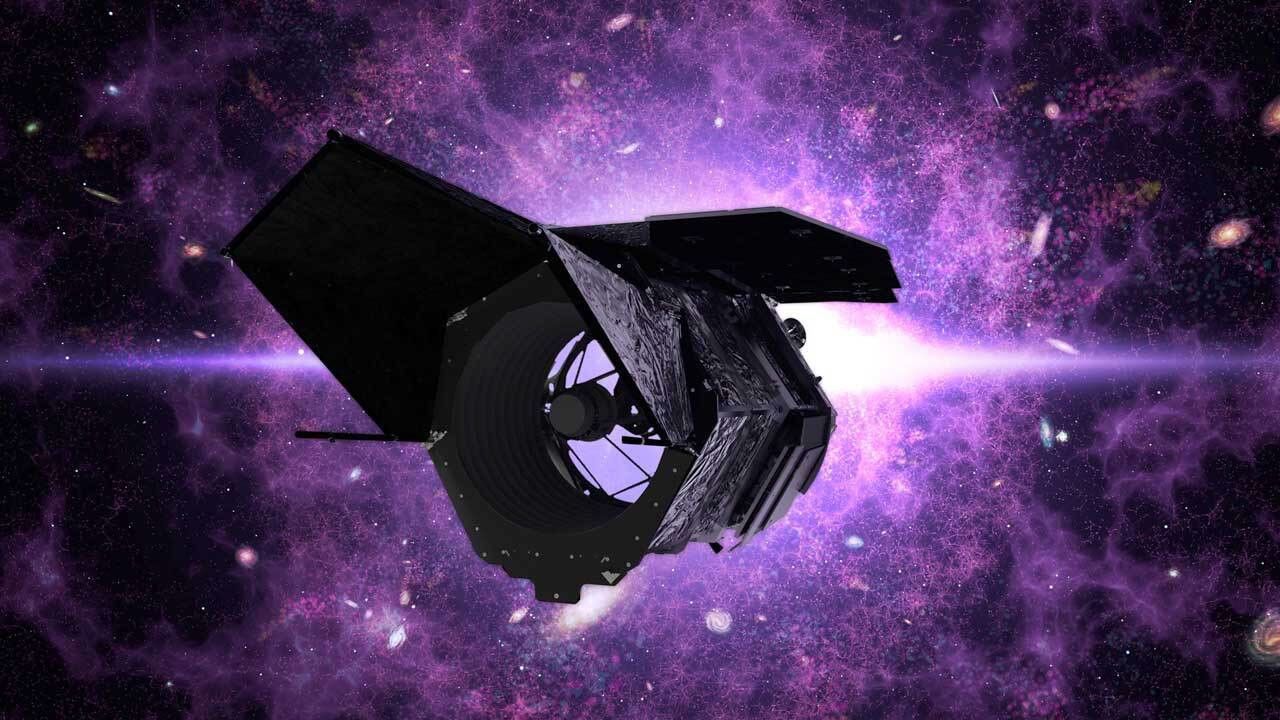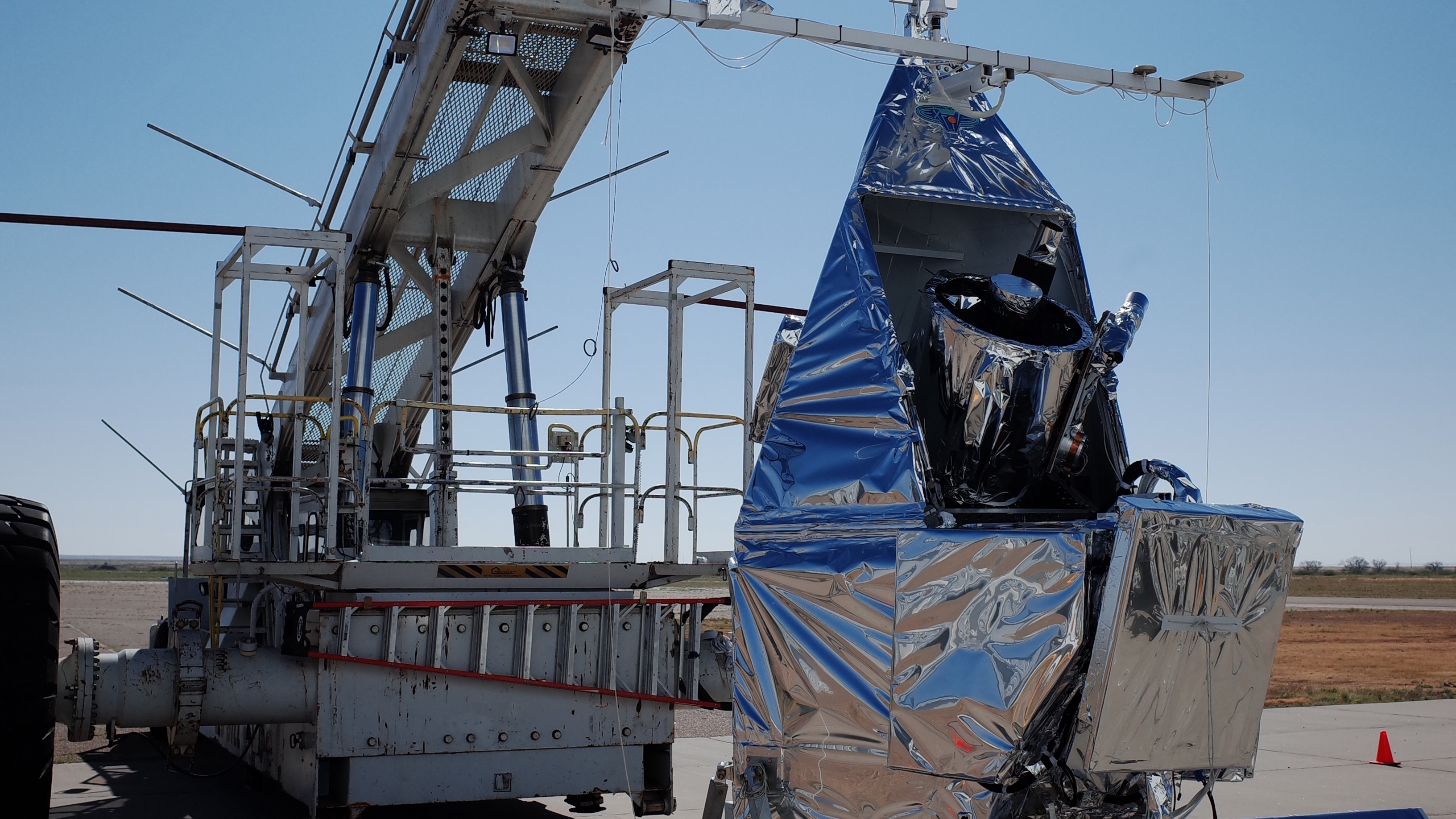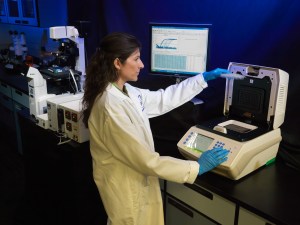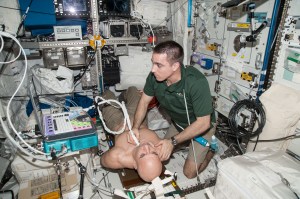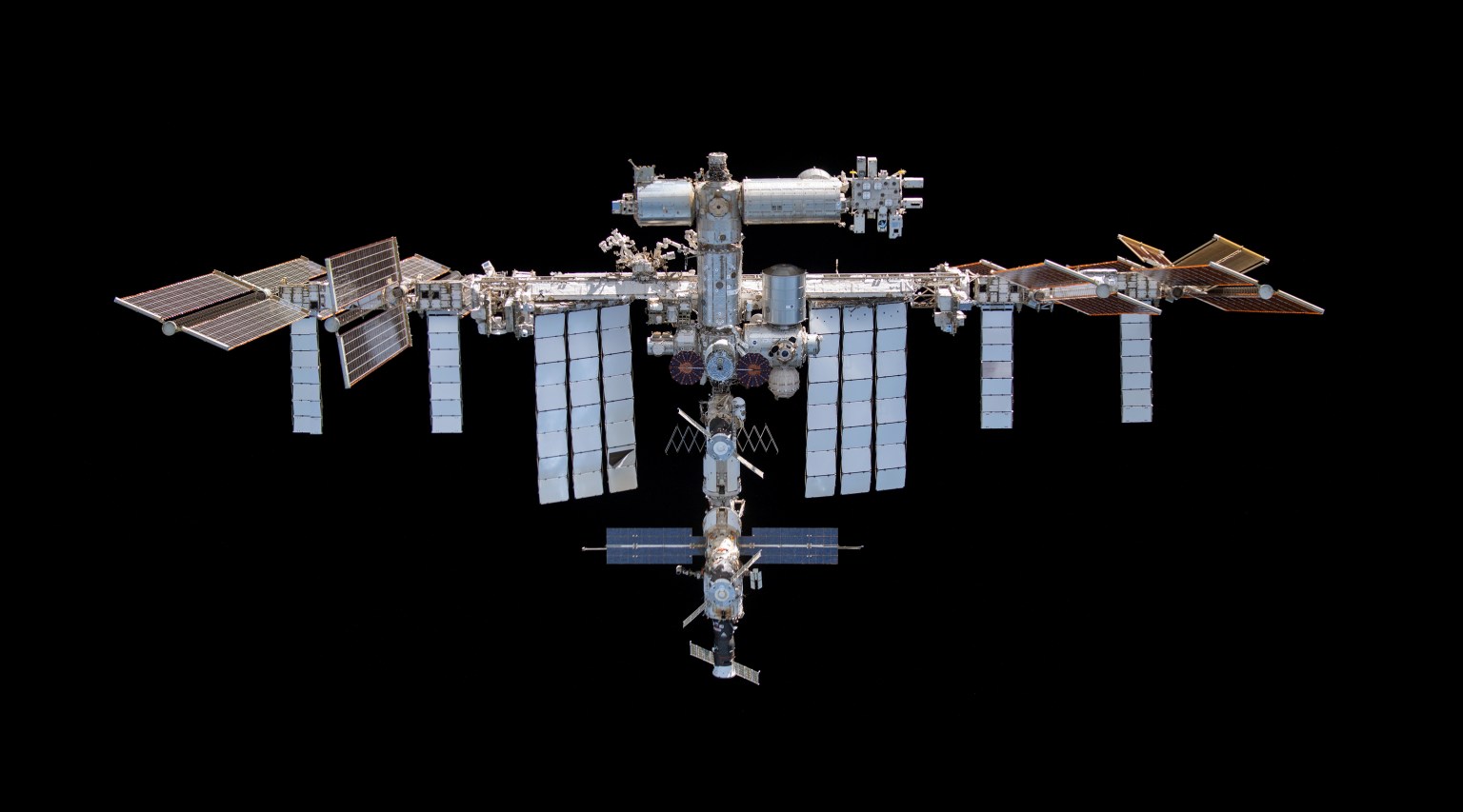Q1: Who is eligible for services provided under the TREAT Astronauts Act?
A1: United States government astronauts, including members of the Uniformed Services, or former payload specialists. A payload specialist is an individual other than a NASA astronaut whose presence was required onboard the space shuttle vehicle to perform specialized functions with respect to the operation of one or more payloads or other essential mission activities. Individuals excluded under the TREAT Astronaut Act are: 1) employees of other United States Government Agencies; 2) employees of commercial spaceflight companies who were never employed by NASA nor a member of the Uniformed Services assigned to NASA; 3) International Partner astronauts; 4) employees of a foreign government; and 5) private individuals or tourists.
Q2: Does the TREAT Astronauts Act cover treatment for medical and psychological conditions not associated with spaceflight?
A2: No. The TREAT Astronauts Act only covers treatment for medical and psychological conditions that NASA has determined are associated with spaceflight.
Q3: Who has the authority to decide what medical and psychological conditions are associated with spaceflight?
A3: The TREAT Astronauts Act identifies the NASA Administrator as the person with the authority to decide what conditions are or are not associated with spaceflight. This authority is delegated by the NASA Administrator to the NASA Chief Health & Medical Officer (CHMO). Case review and recommendations to the CHMO will be completed by a NASA board of aerospace medicine experts who comprise the TREAT Astronauts Act Board (TAAB).
Q4: Does TREAT Astronauts Act coverage replace my health benefits plan as my primary insurance provider?
A4: No. Under the law, NASA is a secondary payer. Coverage under the TREAT Astronauts Act is for occupationally associated conditions only. Health benefits plans typically exclude occupationally related conditions. As secondary payer, primary payment must first be applied before NASA can provide payment under the TREAT Astronauts Act.
Primary payment for occupationally related conditions is available to former astronauts and dependent on their status during their active astronaut career. For those Astronauts who were civil servants, coverage for occupationally related conditions is available through the U.S. Department of Labor, Office of Workers’ Compensation Programs under the Federal Employees’ Compensation Act. Those Astronauts who served in the military at the time of their service to NASA, may be eligible for care through the U. S. Department of Defense, Military Health System; and the Department of Veterans Affairs. Former Astronauts whose active career spanned both civil servant and military service, will elect which agency to use for primary care of occupationally related conditions.
Q5: How do I access services under the TREAT Astronauts Act?
A5: Participation by former astronauts in TREAT Astronauts Act services is voluntary. Access to services is coordinated through the Johnson Space Center, Flight Medicine Clinic in Houston, TX. When travel to Johnson Space Center is inadvisable due to health reasons or when otherwise advantageous to the Government, monitoring may be provided at a location other than Johnson Space Center. NASA may pay for travel where appropriate, to obtain care under the TREAT Astronauts Act.
Q6: How are out-of-pocket costs handled for TREAT Astronauts Act services?
A6: For out-of-pocket costs related to monitoring, diagnosis and treatment, NASA may provide reimbursement after the primary payer has covered all allowable costs. NASA may also make conditional payments to healthcare providers and eligible individuals to cover monitoring and diagnostic testing. For treatment of conditions associated with spaceflight, conditional payments to providers and eligible individuals may be made in situations where delaying treatment to await payment by the primary payer could result in harm. NASA may also make conditional payments when payment for healthcare services has either not been made, or will not be made promptly by the primary payer. NASA may seek to recover funds from the primary payer and individual for conditional payments.
Q7: What’s next? When will TREAT Astronauts Act services begin?
A7: Before TREAT Astronauts Act services can officially start, regulations must be published in the Federal Register. NASA has been working diligently to draft these implementing regulations and expects them to be published soon. Updates will be provided when the regulations are published. Former astronauts and payload specialists (and members of the public) will be have 30 days to comment on the interim final rule at that time. NASA will consider all comments before the final rule is published. With the initial publication in the Federal Register, TREAT Astronauts Act services can be implemented.
Q8: Who do I contact for more information and to access services under the TREAT Astronauts Act?
A8: For more information, visit the TREAT Astronauts Act website or call (281) 483-7999. To access services, contact the Johnson Space Center Flight Medicine Clinic at (281) 483-7999.



